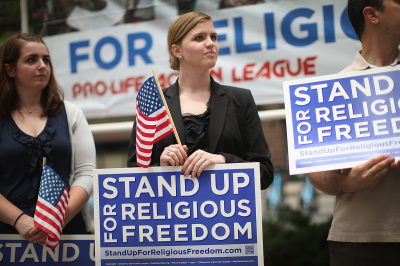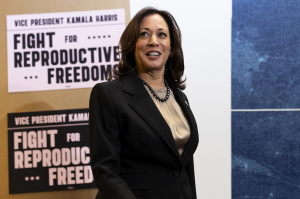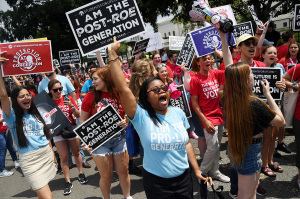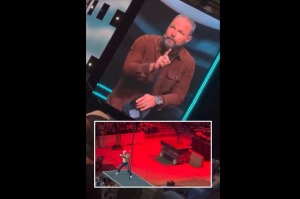A religious freedom victory?

On Tuesday, the United States Supreme Court heard oral arguments on a civil rights and religious liberty case Groff v. DeJoy that may well have a significant impact on the religious freedom of American workers.
In the Civil Rights Act of 1964, Congress included Title VII, which sought to protect people’s rights of religious conscience in the workplace. The protections sought by the original act were weakened substantially by a clarifying congressional amendment that stated that the employer was required to make reasonable accommodations for employees’ religious needs so long as that doesn’t impose an “undue hardship” on the business.
So far, so good. But then, a Supreme Court decision weakened the provision in TWA v. Hardison (1972). In that case, Mr. Hardison, a devout Christian, argued that his religious beliefs required him to observe the Sabbath (Saturday) by not working on that day.
Unfortunately, in Hardison the Supreme Court ruled against Hardison by equating “undue hardship” as imposing “more than a de minimis cost” on TWA.
Many religious liberty advocates in America have felt that the conservative majority in Hardison substantially lowered the bar intended by “undue hardship” intended by Congress.
Subsequent to Hardison virtually any increased financial cost was sufficient to deny the civil rights claims of the workers. Complaints of religious discrimination filed with the Equal Employment Opportunity Commission (EEOC) have more than doubled over the past 20 years (nearly 50% of these cases are filed by minority faith groups which make up less than 15% of the population).
In the case now before the Court, Groff v. DeJoy, Gerald Groff, a devout Christian employed as “a rural carrier associate” with the United States Post Office, sued Louis DeJoy, the Postmaster General of the United States Postal Service, because he was being required to deliver mail on Sundays, which he was not required to do when originally employed (interestingly, both Mr. Groff and Mr. Hardison in the earlier case were devout Christians). Only 18% of professing American Christians believe that their faith forbids their working on the Sabbath.
Groff v. DeJoy is coming before the Court at a very interesting and volatile period in Supreme Court religious freedom jurisprudence. Especially in the area of the “free exercise” clause of the First Amendment, the issues have been coming before the Court in increasing numbers. Groff v. DeJoy may signal a turn from a more “strict separation” emphasis in earlier decades toward a more favorable and nuanced understanding of “no interference with the free exercise thereof.”
The oral arguments seemed to signal a Supreme Court consensus emerging in favor of Mr. Groff. Such an emerging consensus would be a very encouraging victory for the “soul liberty” of all Americans of all religious faiths.
Dr. Richard Land, BA (Princeton, magna cum laude); D.Phil. (Oxford); Th.M (New Orleans Seminary). Dr. Land served as President of Southern Evangelical Seminary from July 2013 until July 2021. Upon his retirement, he was honored as President Emeritus and he continues to serve as an Adjunct Professor of Theology & Ethics. Dr. Land previously served as President of the Southern Baptist Convention's Ethics & Religious Liberty Commission (1988-2013) where he was also honored as President Emeritus upon his retirement. Dr. Land has also served as an Executive Editor and columnist for The Christian Post since 2011.
Dr. Land explores many timely and critical topics in his daily radio feature, “Bringing Every Thought Captive,” and in his weekly column for CP.




























